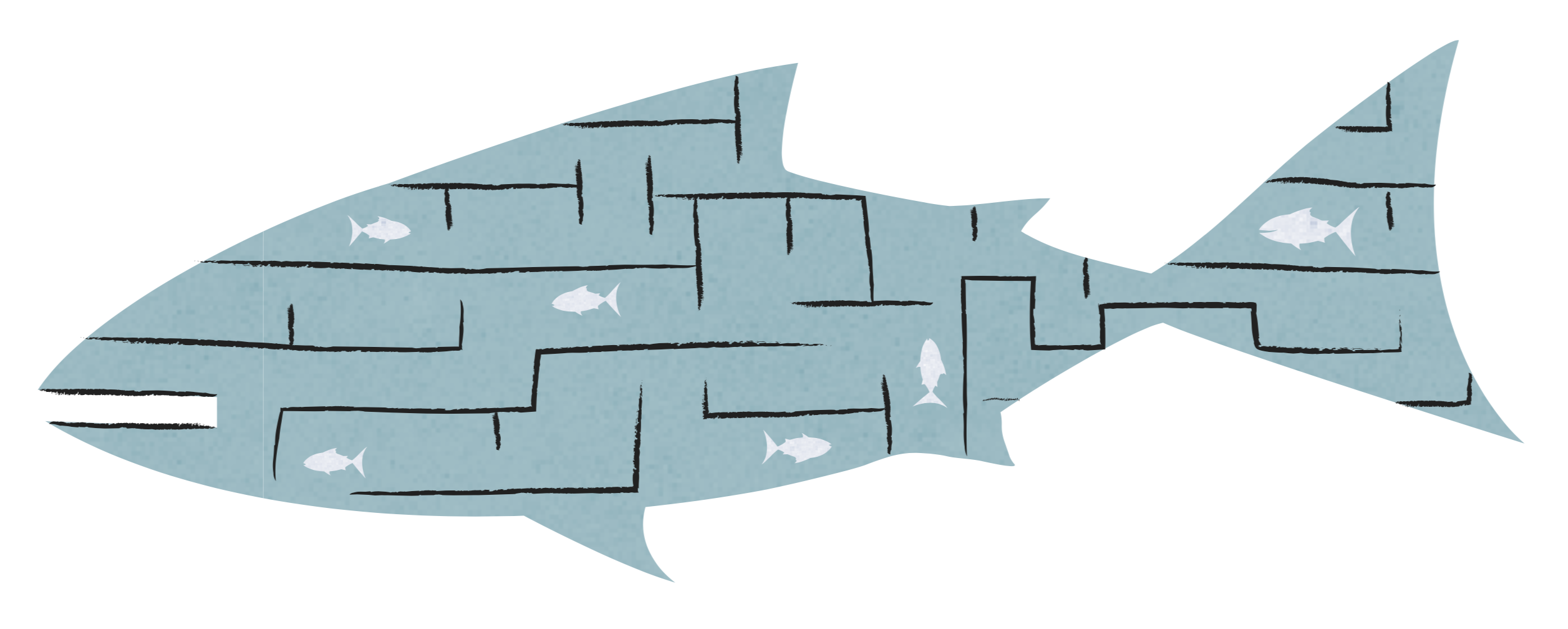
Earlier this year, Future of Fish undertook a research project on fisheries data modernization efforts across governments. From this work we’ve come up with a proposed definition for ‘government data modernization’ and we want to know what you think.
The Information Age is here, but fisheries that are able to effectively collect and use data continue to be a rarity around the world. This generates several problems, including flawed catch limits, a lack of reliable forecasting or enforcement, and the inability to meet demands for adaptive management and sustainable fisheries.
Today, efforts to improve fisheries data are underway but these developments are not producing enough change on and in the water. The lack of progress can be attributed in large part to a lag within governments. While the seafood industry has made some gradual and hard-won improvements to elements of data modernization, government uptake is generally slower due to limited resources, complex bureaucracy, and often outdated technology.
How can we accelerate progress?
Using a shared language
“Government data modernization is any initiative or process that results in more relevant and accurate data, and/or more efficient and timely data delivery and analyses that support both improved governance (management, science, and enforcement) and serve industry and public needs.”
- Accuracy, including data quality assurance and quality control (QA/QC);
- Application of that data for improvements, which requires timely data delivery and analyses; and
- Delivery of benefits to industry/communities as well as governance bodies, so that intelligence generated by new systems is available and accessible to sectors beyond just government. For this last component, the general public is included as a key stakeholder, with select fisheries data shared for the benefit of society.
While this definition is sector agnostic, the focus of our research was on government data modernization for fisheries management purposes. So, “government fisheries data modernization” to be more specific.
It’s important to note that data modernization is not limited to technological improvements. For example, improved protocols for data capture and sharing in paper-based systems count as modernization if those protocols facilitate better management and insight for industry. Updated decision-making processes or improved analytics also count as “modernization.”
What do you think?
What’s next?
If you work in the data modernization space and would like to keep up-to-date, or become involved with the work we’re doing, we’re keen to hear from you. We are always open to partnerships and building collaboration.
Contact fmulligan@futureoffish.org for more information.
Click here to donate and support our work.



